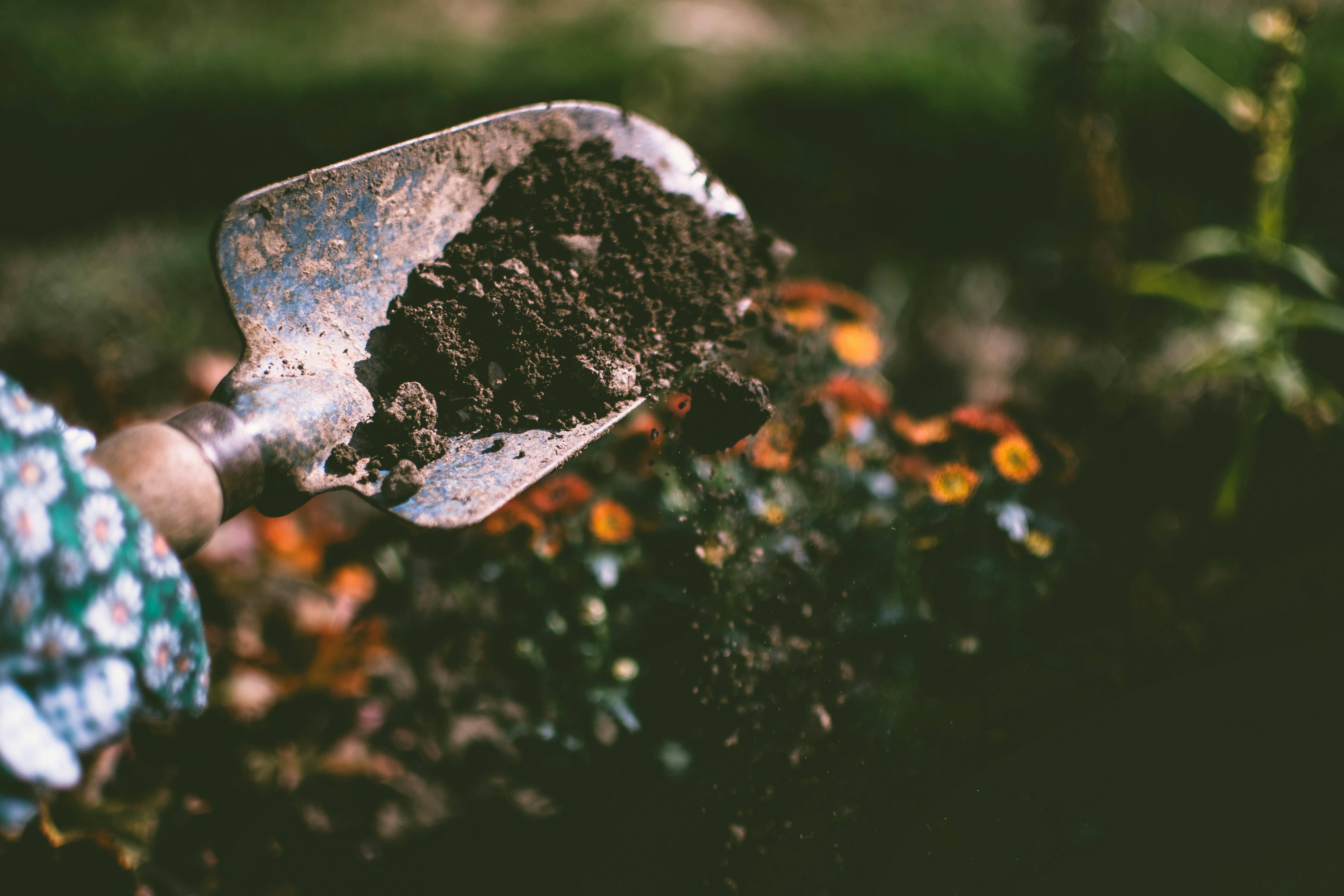Guest blog: Samuel Booth
10 years of World Soil Day
Published 05 Dec 2024
In this blog post, Sam Booth, Teaching Associate in Physical Geography at the University of Nottingham, explores the significance of World Soil Day, celebrated annually on December 5th. As we mark the 10th anniversary of this UN-designated day, Sam delves into why soil matters, highlighting its crucial role in sustaining life on earth.

Why soil matters
Soil is more than just dirt beneath our feet. It is a living, breathing, and fragile substance that provides the ecosystem services that we as a species need in order to survive. Over 95% of the world’s calories comes from crops grow in soil or subsequently fed using this produce. Soil acts as a natural water filter, purifying water as it percolates through, replenishing underground aquifers. As well as this, the water storage capacity of soil can aid in flood risk management, reducing the pressure on grey infrastructure in urban areas to manage water during high rainfall events.
Arguably most commonly discussed since the first ‘World Soil Day’ and across the 21st century is soil's role in climate regulation. Soil is the largest terrestrial store of carbon, storing more carbon than the atmosphere and all plant life combined. In an age of anthropogenic climate change, the ability of soil to sequester carbon and offset emissions has never been more important. Less considered outside of the soil science bubble is soils role in supporting an incredible amount of biodiversity. When accounting for microbial life, research suggests that up to 59% of all species spend some or all of their life cycle in soil, despite estimates that only 1% of species living in soils have been described. Our connection to the nature our soil supports is vital for our physical and mental wellbeing.
As we mark the 10th anniversary of World Soil Day, it is a time to celebrate the progress made in raising awareness about the importance of soil health while recognising the long road that lies ahead, in research, policy and public engagement. On this World Soil Day, let us recommit to protecting and restoring our soils, not only for the sake of our environment but for the future of humanity.
Many of these services and others combine to provide significant cultural services to people. Crop fertility rituals have existed since ancient times with modern examples including May Day celebrations. The food we eat is vital to our culture and sense of identity, as are the landscapes we inhabit and the nature it contains. Less obvious cultural contributions of soil include its provision of and impact on sport. Without variation in soil properties, the vast differences we see in cricket wickets and how the game is played in response to this would not be possible.
Sustainable management
Due to a slow formation rate, soil is considered a non-renewable resource, meaning we have to take care of the little amount we have. The way we manage soil has great impact on its stability as well as the services they provide. Unsustainable practices such as overgrazing, deforestation, excessive pesticide use, and improper irrigation and can lead to a reduction in the capacity of soil to provide ecosystem services, and even to the loss of soil through erosion and desertification. Estimates suggest that 33% of the world’s soils are moderately to highly degraded. Furthermore, the impacts of climate change, including more frequent and intense droughts, floods, and extreme weather events, exacerbate soil degradation processes. To protect our soil, adopting sustainable soil management practices, including cover cropping, conservation tillage, and reduced agrochemical use is vital.
Dr Sam Booth is a Teaching associate in the School of Geography at the University of Nottingham. His research focuses on the impacts of different agricultural management practices, such as no dig and agrochemical use, on soil and the wider ecology of these systems, and how this ecology impacts people.
To find out more about how you can collaborate with us, kindly send us an email at theinstitute@nottingham.ac.uk